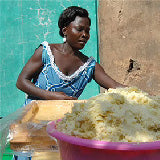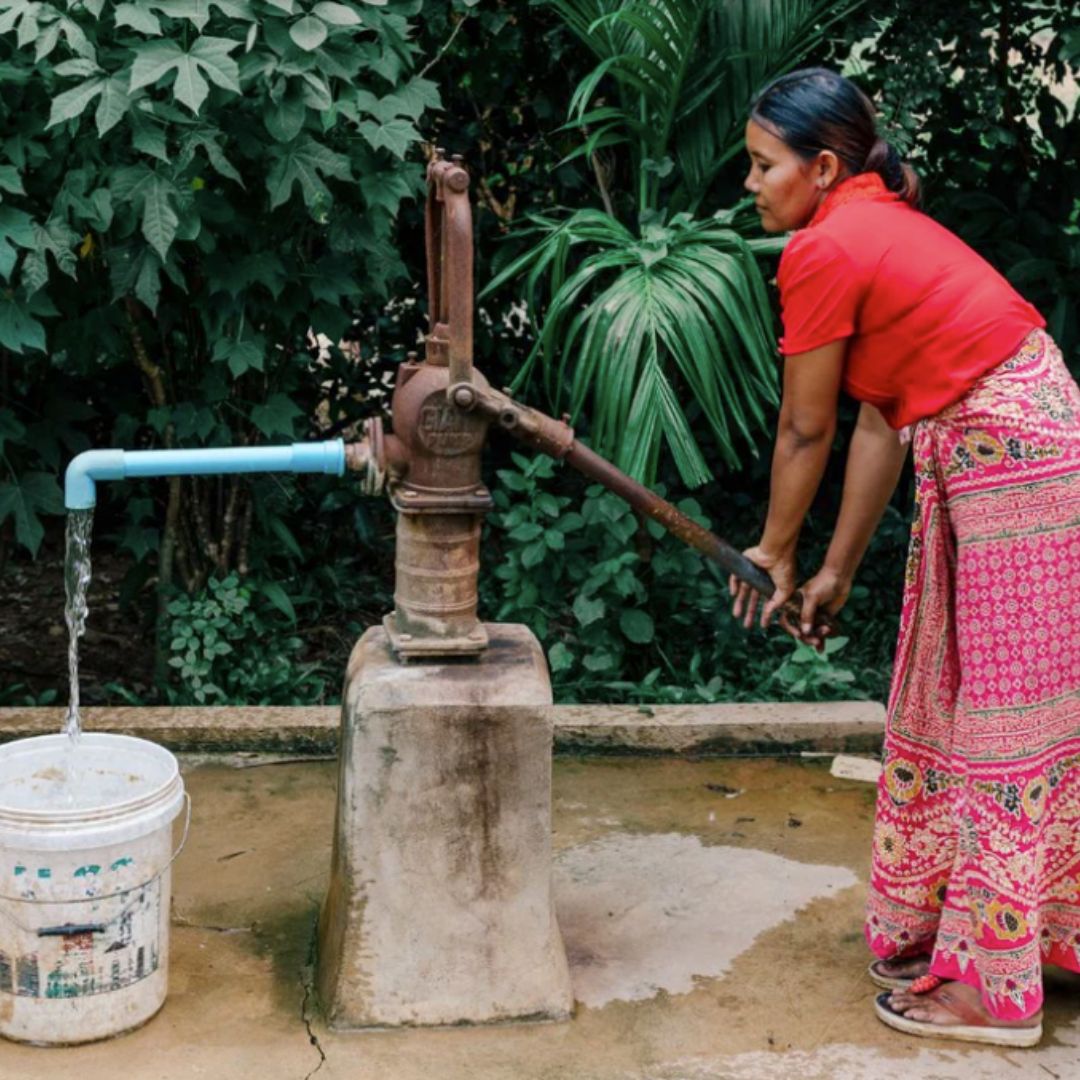How Fair Trade Effects Female Farmers Around the World

Fair trade is a global movement that aims to promote sustainable and equitable trading relationships between producers and consumers. One of the key advantages of fair trade is that it empowers and improves the livelihoods of small-scale farmers and producers, particularly women, in developing countries around the world.
Women farmers and producers often face many challenges that make it difficult to access fair and sustainable markets. Many lack the land, assets, or even education to produce goods on their own, and they may also face discrimination or social barriers that limit their access to credit or other resources. As a result, female farmers and producers are often among the most marginalized and vulnerable groups in developing countries such as India, Kenya, and Bangladesh and they are also disproportionately affected by poverty and hunger.
Fair trade addresses these challenges by providing small-scale farmers and producers, particularly women, with a range of benefits that can help to improve their livelihoods and empower them. Some of these benefits include:
- Fair prices: Fair trade guarantees farmers and producers a fair price for their goods, which can help ensure that they can cover their costs and make a decent living. This can be particularly important for women farmers and producers, who may be more likely to experience poverty and hunger than men.
- Access to credit: Fair trade also provides farmers and producers with access to credit, which can help to support their businesses and promote sustainable development. This can be especially important for women farmers and producers, who may have less access to credit and other resources than men.
- Training and capacity building: Fair trade organizations also provide farmers and producers with training and capacity-building opportunities, which can help to improve their skills and knowledge and make them more competitive in the global market. This can be especially important for women farmers and producers, who may lack the education and training to produce goods on their own.
- Support for women's empowerment: Fair trade organizations also support women's empowerment by promoting gender equality and providing women farmers and producers with leadership training and other opportunities to take on more active roles in their communities.
As a result of these benefits, fair trade has been shown to positively impact the livelihoods of small-scale farmers and producers, particularly women, in developing countries around the world. For example, fair trade-certified small-scale farmers have been found to have higher incomes and better living conditions than non-certified farmers. Additionally, fair trade has been shown to improve the status of women farmers and producers, providing them with opportunities to take on leadership roles in their communities, gain economic independence and improve their overall well-being.
Fair trade also has a positive impact on the environment, fair trade farmers and producers are encouraged to use sustainable and organic farming practices, which can improve the health of the soil and protect biodiversity. Additionally, fair trade farmers and producers may also receive additional support and resources to improve working conditions and protect the environment.
Fair trade is a global movement that aims to promote sustainable and equitable trading relationships between producers and consumers. By providing small-scale farmers and producers, particularly women, with fair prices, access to credit, training and capacity building, and support for women's empowerment, fair trade can help to improve the livelihoods and empower women around the world. It's a wonderful way for consumers to vote with their dollars and support an ethical and sustainable way of doing business.














